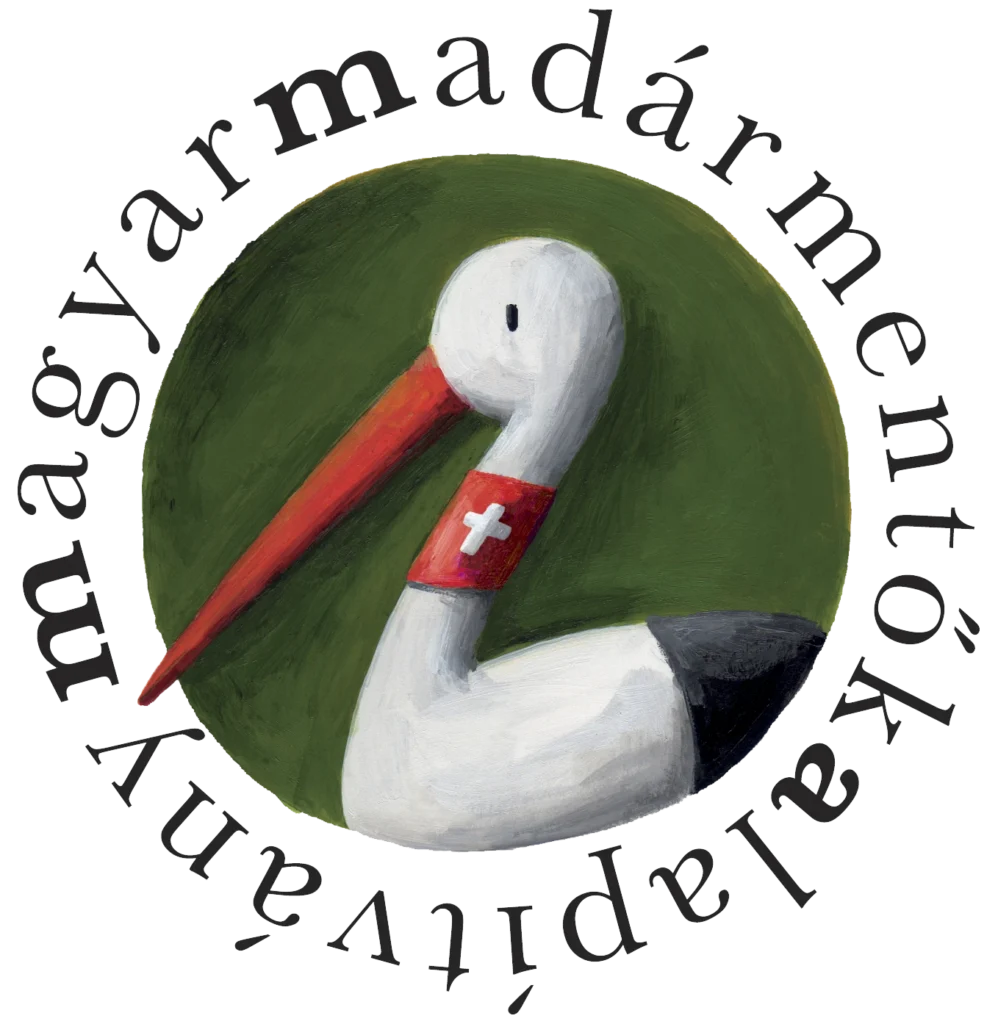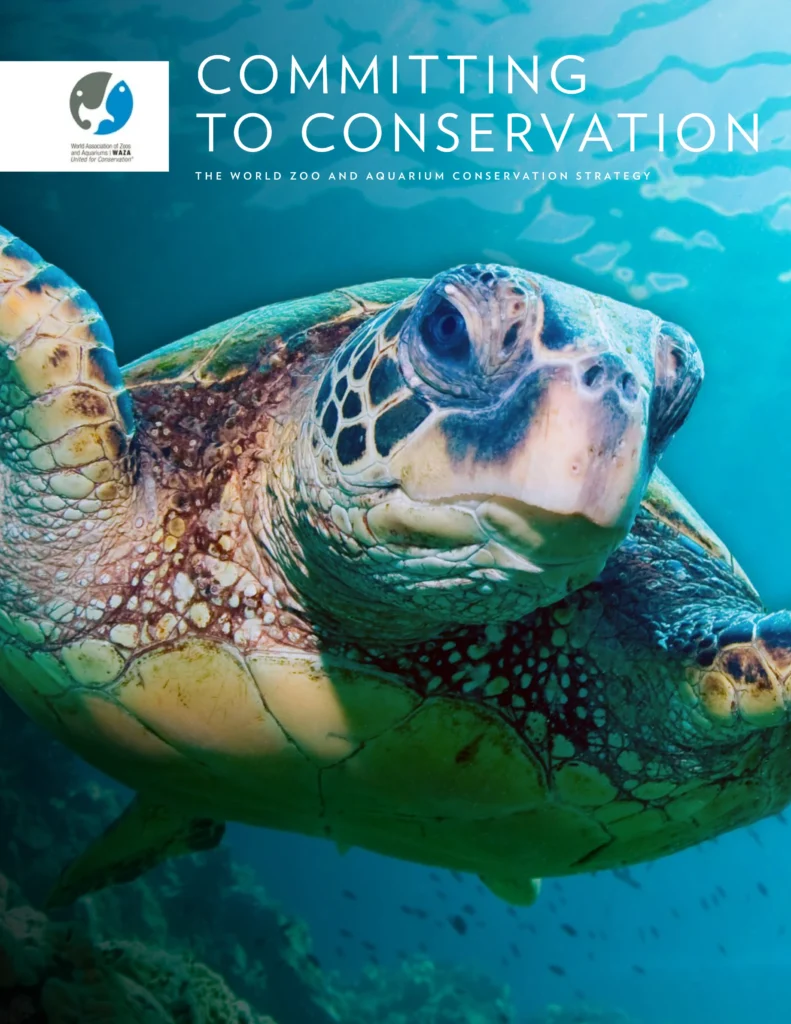Wildlife Rescue Centre
Since its founding in 2009, the Hungarian Bird Rescue Foundation has received and treated nearly 30,000 animals.

Due to the spread of the H5N1 variant of avian influenza, as of October 11, 2024, until further notice, the Wildlife Rescue Center within the Zoo will not accept waterfowl in order to protect our own animals. We kindly ask all bird rescuers to notify the Animal Health Authority if they find sick or injured waterfowl.
The 157 years of professional expertise of the Budapest Zoo and Botanical Garden, along with the unparalleled knowledge of its caretakers and veterinarians, continuously contribute to the successful rehabilitation and release of injured birds and small mammals back into the wild. If they can no longer survive in the wild, they may continue their lives in the Zoo’s Wildlife Rescue Centre or at the Margaret Island Mini Zoo, often giving birth to healthy offspring thanks to the Hungarian Bird Rescue Foundation.
Since the centre is in the heart of the city, it is easily accessible from many places, making it easier to bring in injured animals. If you rescue an animal, enter the Zoo through the gate next to the Schäftner carousel, which is the fastest way to reach the centre and get help.
It is important to know that the Wildlife Rescue Centre only accepts individuals of protected native species. Before bringing an animal, it is advisable to call +36-1 273-4900 or send an email to check if the animal belongs to a protected species. The centre accepts animals in need of help during the opening hours of the animal houses.
Our staff can also assist by advising where to take the animal if you are unable to bring it to the centre.
Other wildlife rescue organizations across the country accept non-native and non-protected species as well.
The rescue centre does not accept abandoned or stray domesticated animals, such as dogs, cats, goats, or even pigeons. These animals should be cared for by animal shelters, or the rescuer can arrange treatment with the help of a local veterinarian or animal hospital.
The zoo rescue stations are not responsible for non-protected wild species native to Hungary, such as the Eurasian collared dove or the magpie.
If you find an injured or distressed individual of a huntable wild species (e.g., roe deer, wild boar, fox), you should contact the local hunting association, as the care of these animals is not the responsibility of the rescue stations.
Some animals brought to the Wildlife Rescue Centre are rescued because they are very young and could not survive on their own in the wild (e.g., orphaned chicks), while others are brought in due to injuries.
Rescue Work
The Hungarian Bird Rescue Foundation’s conservation rescue centre, operating within the Budapest Zoo and Botanical Garden, is responsible for the treatment, care, and rehabilitation of individuals of protected native animal species, with the goal of releasing them back into the wild whenever possible.
Every year, we save thousands of wild birds, small mammals, and reptiles from certain death.
Hedgehogs burned in brush fires, birds fallen from nests, animals hit by cars, or poisoned can all count on us, along with our skilled caretakers and veterinarians.
We are committed to showcasing as much of this rescue work as possible to our visitors. This is why we established the Wildlife Rescue Centre dedicated to the care of rescued animals. Here, during opening hours, visitors can observe the animals currently under treatment through large glass windows or in the outdoor aviaries. Since the actual daily work takes place in the spaces behind the windows, you can get to know the everyday efforts of the dedicated veterinarians and animal caretakers working to heal and preserve the lives of these animals.

